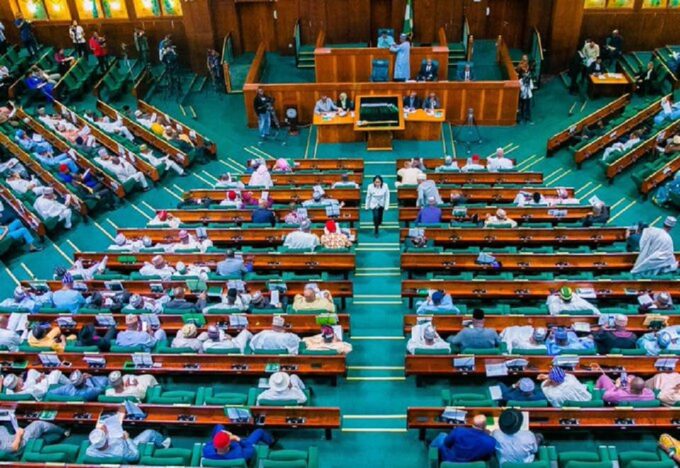Former President Goodluck Jonathan has described the abduction of over 200 schoolgirls from Chibok, Borno State, in 2014 as a lifelong scar that he will carry to the grave.
Jonathan stated this on Friday in Abuja at the public presentation of a book, Scars: Nigeria’s Journey and the Boko Haram Conundrum, written by retired Chief of Defence Staff, General Lucky Irabor.
“It (the abduction) is a scar I will die with. Perhaps later, more details may become known, and that too has to do with Boko Haram,” the former president said, recalling the incident that sparked global outrage during his administration.
Jonathan revealed that during his government’s attempt to open dialogue with Boko Haram, the insurgents nominated his successor, the late President Muhammadu Buhari, to represent them in negotiations with the Federal Government.
“In one of the committees we set up, Boko Haram nominated Buhari to lead their team to negotiate with the government,” he said. “I felt that when Buhari eventually became president, it would have been an easy way to engage them, but the insurgency persisted.”
The former president noted that Buhari’s struggle to end Boko Haram’s reign of terror highlighted the group’s complex nature.
“I thought that after I left, within a reasonable time, General Buhari would wipe them out. But even today, Boko Haram is still there. The issue is far more complex than it is often presented,” he added.
Jonathan, who served as vice president under Umaru Musa Yar’Adua before becoming president in 2010, said the insurgency began in 2009 and dominated his five years in office.
While admitting that his administration explored multiple approaches to contain the insurgency, he stressed that Nigeria must adopt fresh perspectives in tackling terrorism.
“It’s not just a story of hunger or poverty. If that were the case, our interventions would have ended it. Boko Haram is a more complex phenomenon that requires unconventional solutions,” he said.
Jonathan praised Irabor for documenting his experiences, urging other military officers who fought Boko Haram to also share their accounts to deepen understanding of the insurgency.
“I believe one day Nigeria will overcome it,” he said.
The Chibok girls’ abduction on April 14, 2014, remains one of the darkest moments in Nigeria’s history. While several of the girls have regained freedom through government efforts and negotiations, many remain missing over a decade later.
Do you want to share a story with us? Do you want to advertise with us? Do you need publicity for a product, service, or event? Contact us on WhatsApp +2348183319097 Email: platformtimes@gmail.com
We are committed to impactful investigative journalism for human interest and social justice. Your donation will help us tell more stories. Kindly donate any amount HERE





















Leave a comment